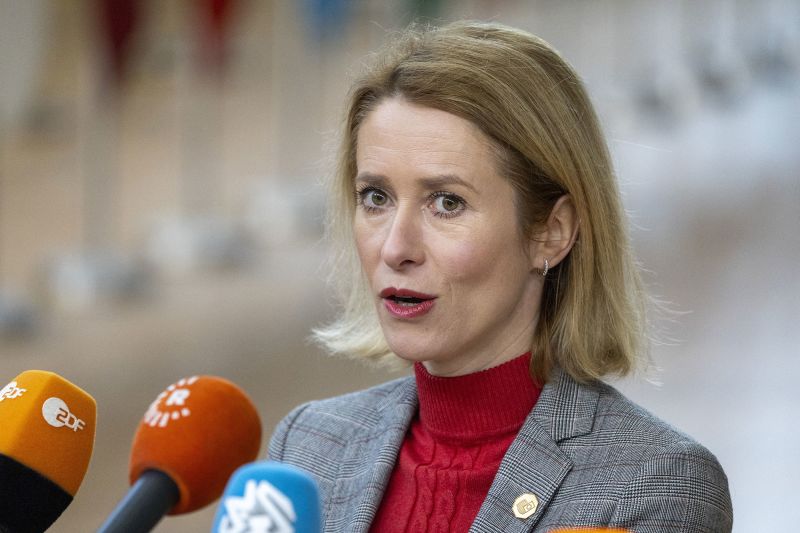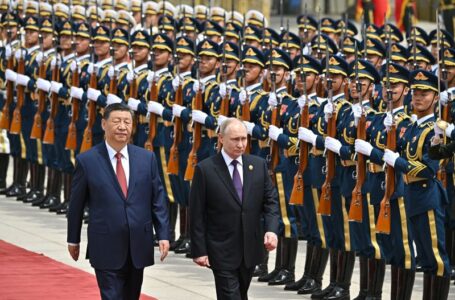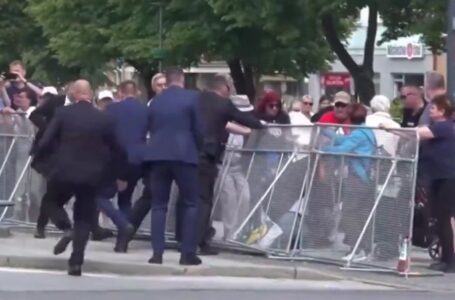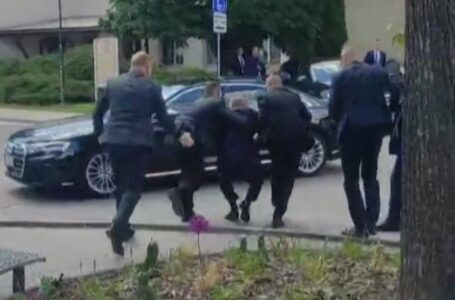Pepe Price Prediction as PEPE Drops 7% Suddenly – What’s Going On?
Estonia thwarts ‘shadow war’ attack, Prime Minister Kaja Kallas tells CNN


The operation, extending back to last year, involved a series of attacks, including vandalizing the cars of the interior minister and several monuments. The Estonian Internal Security Service arrested 10 individuals, including both Russian and Estonian nationals. Estonian officials say more attacks were planned.
The 10 suspects were detained for “acting on behalf of a Russian special service,” the Estonian government announced Tuesday. “To the knowledge of the Estonian Internal Security Service, its aim was to spread fear and create tension in Estonian society,” the statement said.
Some of the suspects were recruited on social media, according to Margo Palloson, the director general of the Estonian Internal Security Service.
Russia has not yet responded to the claims.
Earlier, Kallas posted on X, formerly known as Twitter, that “Estonia has successfully stopped a hybrid operation by Russia’s security services on our territory,” adding, “We know the Kremlin is targeting all of our democratic societies.”
Russia carried out a massive hybrid attack on Estonia in 2007, involving both cyber attacks and Russian-organized civil unrest. Estonia, a NATO ally, joined the alliance in 2004.
Intelligence analysts say that a variety of Russian agencies, including the FSB and the SVR (its foreign intelligence service), are involved in hybrid operations throughout eastern Europe.
Estonia has been a particular target because of its substantial Russian-speaking minority – nearly 25% of the population.
The Kremlin is also directly involved in shaping Russian influence operations in neighboring countries, according to Presidential Administration documents leaked last year.
In March last year, the White House said that “Russian actors, some with current ties to Russian intelligence, are seeking to stage and use protests in Moldova as a basis to foment a manufactured insurrection against the Moldovan government.”
The efforts in the three Baltic states, all members of NATO and the European Union, have generally been lower profile – focused on shifting opinion through social media and pro-Russian activism.
This is a developing story and will be updated.











